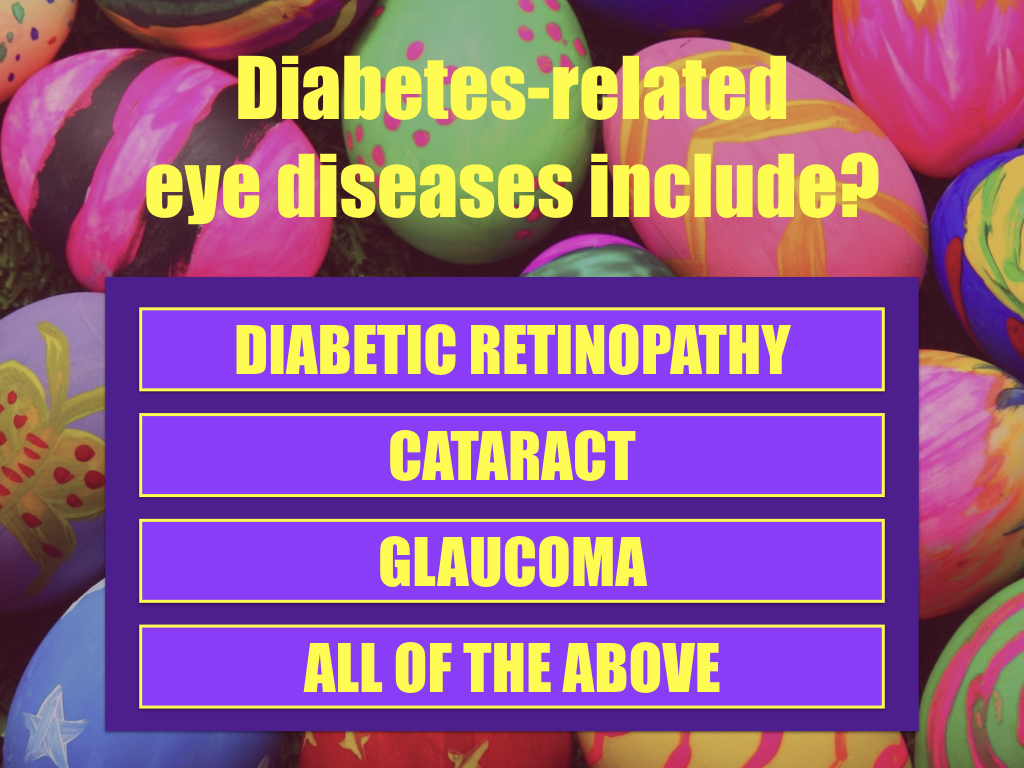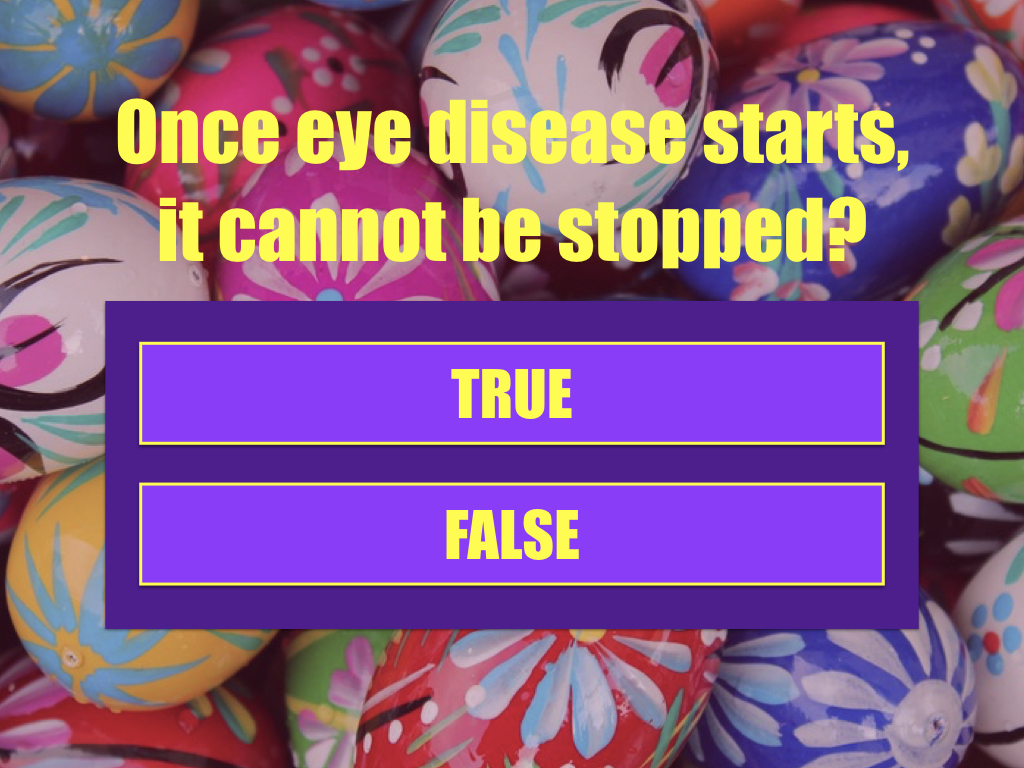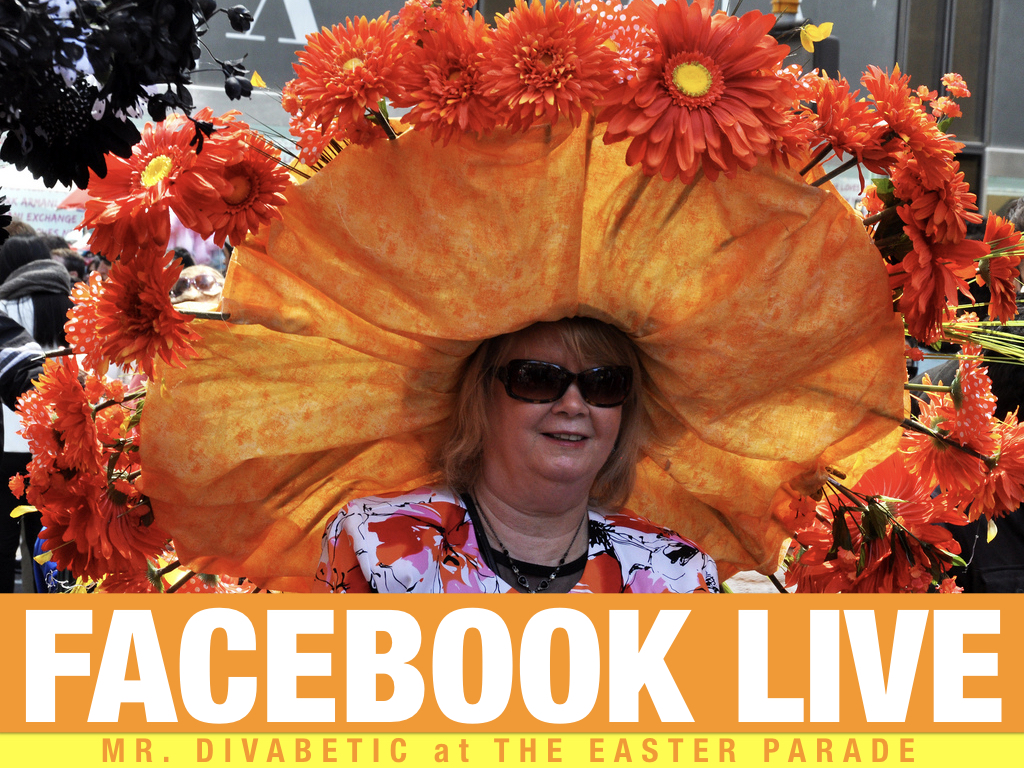Season 3 of one of my favorite Acorn TV shoes, Under The Vines, tackles the challenges of adult-onset blindness. The blindness of the owner of the neighboring vineyard, Hilary (Catherine Wilkin), is worsening. What Hillary is experiencing isn’t just a great storyline in a TV drama; it’s more common than you think.
One of the leading causes of blindness in U. S. adults is mismanaged diabetes. Diabetes Retinopathy is a condition caused by diabetes, which disrupts the body’s ability to convert food into energy and can damage the eyes.
Many people with diabetes don’t realize they have it until organ damage has occurred, so regular health and vision check-ups are essential.
Hilary struggles to accept her condition and ask for help. She is stubborn, willful, and narrow-minded, much like many people struggling with worsening health conditions. She flatly refuses her rival, Miranda’s offers to take her to the doctor, clean her house, and help run her vineyards. Of course, Miranda has ulterior motives for helping Hilary, but that’s another story.
If you’re concerned about your vision, follow the advice of healthcare collaborators on how often you should go for exams. Always contact an eye care provider when you have a change in vision or something wrong with your eyes. Wear your prescription glasses and contact lenses when necessary.
If you have diabetes, keep your blood sugar levels tightly managed, and manage your blood pressure if you have high blood pressure.
Cataracts are the leading cause of blindness worldwide. They cause the eye’s lens to harden and turn yellow. In the US, nearly 20.5 million people over 40 have cataracts.
The type of treatment available depends on your condition. Providers can treat some forms of blindness with medications or glasses but can’t treat others, such as those where your eyes are missing or completely damaged. In these cases, your provider may recommend visual rehabilitation. Vision rehabilitation aims to enhance visual functioning to meet your goals and improve your quality of life.
Actors Rebecca Gibney and Charles Edwards star in Under The Vines as two city slickers who inherit a failing vineyard, Oakley Vineyards, in rural New Zealand. The only problems are that neither of them has ever done a hard day’s work—and they despise one another.
Under The Vines is a fun, easygoing watch.










